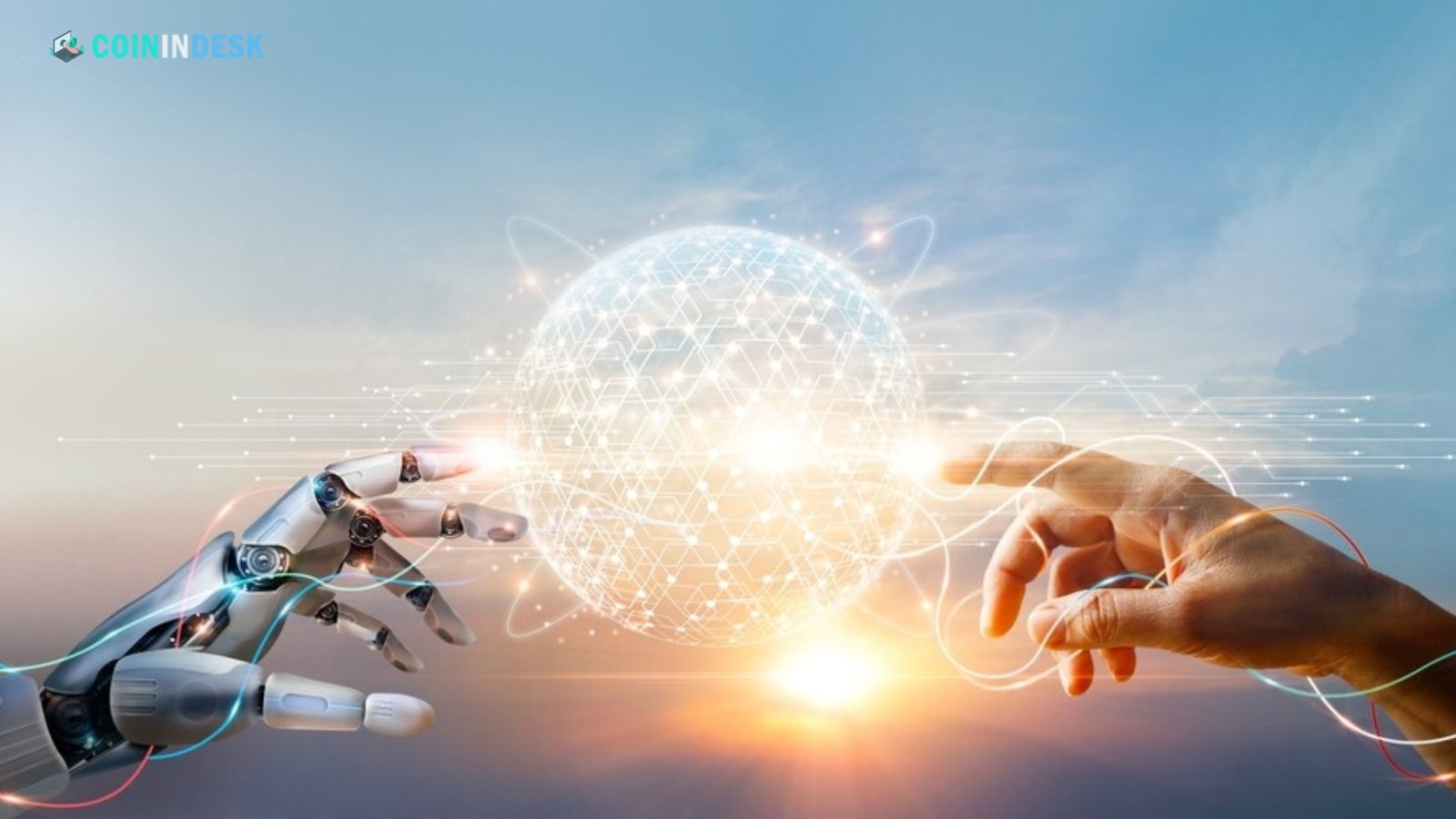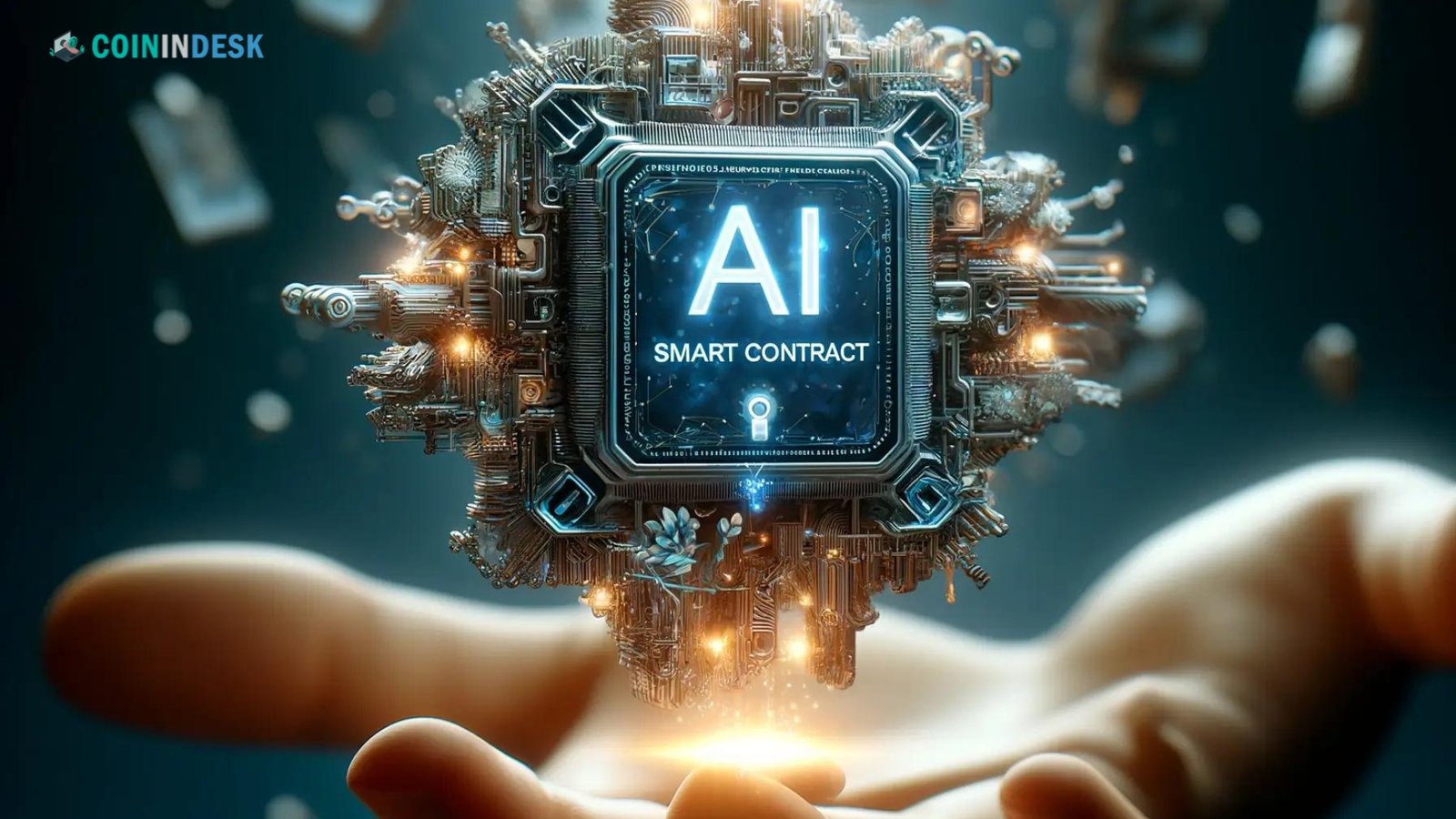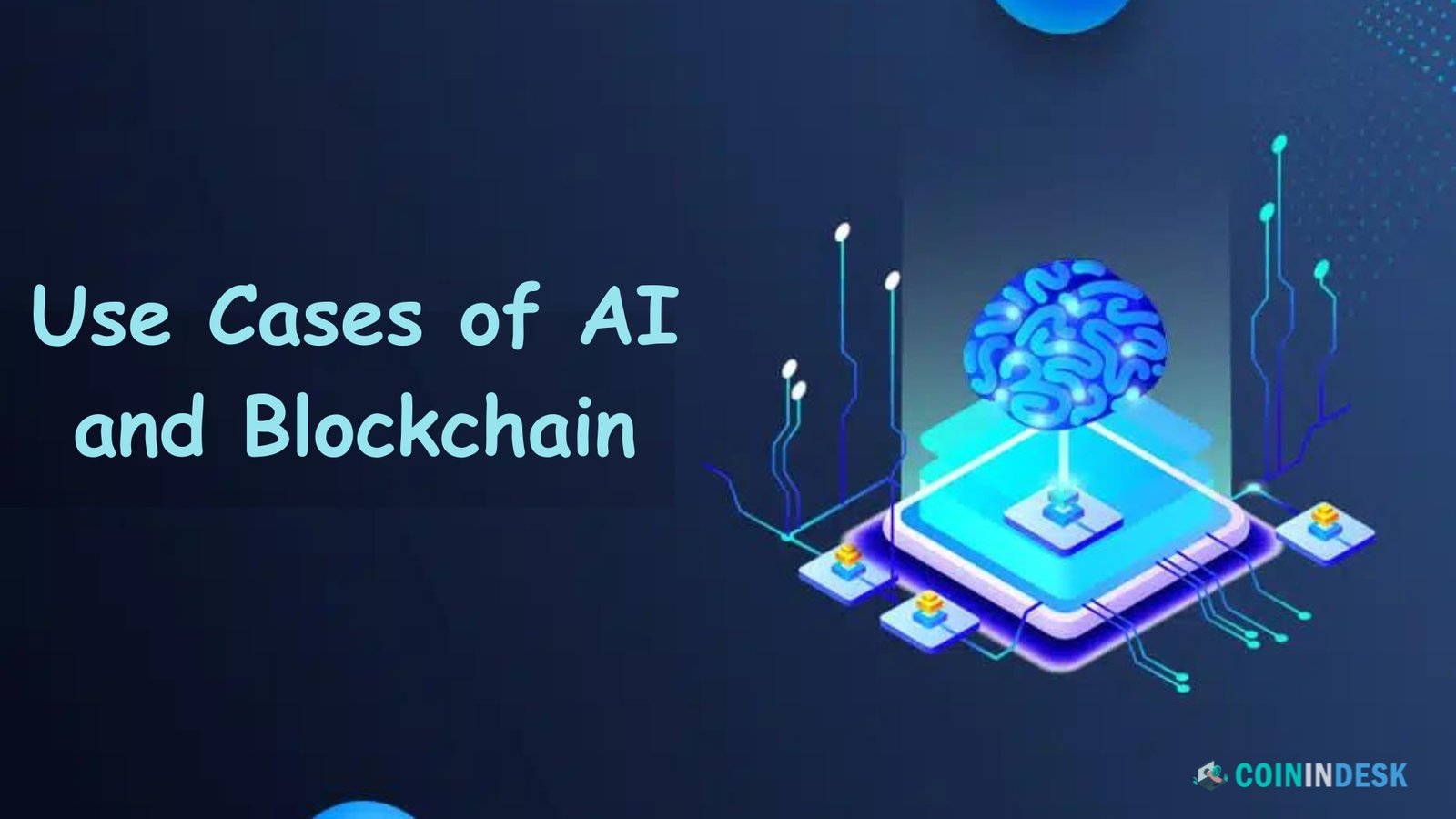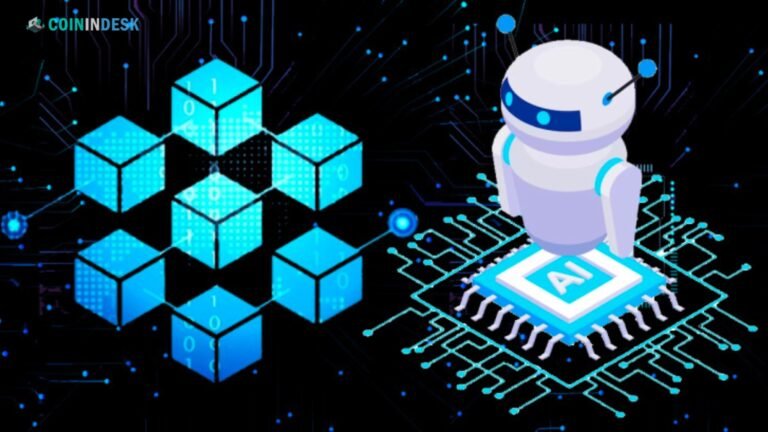Two significant technological developments with far-reaching consequences are artificial intelligence (AI) and blockchain. They are potent instruments that are changing processes and industries on their own. Combined, they can solve fundamental problems, produce efficiency gains, and open up new opportunities that might cause a revolution in several sectors. As we move forward toward a digital-first future, it is crucial to understand how they cross.
A Primer on Artificial Intelligence
Artificial intelligence (AI) is the ability of robots or software to do tasks often associated with human intelligence, such as processing data, learning from mistakes, making judgments, and solving problems. Some examples of artificial intelligence (AI) technologies are computer vision, robots, machine learning (ML), and natural language processing (NLP). Virtual assistants such as Siri and Alexa, as well as self-driving vehicles and sophisticated data processing systems, are just a few examples of the many AI uses. Its influence is felt across nearly all sectors, facilitating automation, enhancing decision-making, and optimizing operations.
A Primer on Blockchain
On the other hand, Blockchain is a decentralized, distributed ledger technology (DLT) that records transactions securely, transparently, and tamper-resistantly. Unlike traditional databases that rely on a centralized authority, blockchain’s distributed nature ensures that data is verified and stored across a network of computers (or nodes), making it extremely difficult to alter. Most famously known for its role in powering cryptocurrencies like Bitcoin, blockchain has broader applications, including supply chain management, digital identity verification, and voting systems.
Where AI Meets Blockchain
AI and blockchain may seem like disparate technologies, but their combination creates synergies that can drive innovation. Each compensates for some of the other’s limitations and enhances its potential. Here’s how AI and blockchain intersect:
Data Integrity and Transparency for AI Models
AI systems depend on vast amounts of data to function accurately. The quality of the data directly impacts the model’s output. However, data privacy, integrity, and security are critical concerns, especially as AI algorithms grow more sophisticated.
Blockchain can help address these concerns by creating an immutable and transparent record of the data used in AI training models. With a secure, decentralized ledger, data used in AI can be traced, verified, and secured, preventing manipulation or biased data sets from influencing AI outcomes. This is particularly important in industries like healthcare and finance, where decision-making based on accurate data is crucial.
Decentralized AI Models
AI applications today are often controlled by large organizations like Google, Amazon, or Microsoft, leading to the centralization of AI power. Blockchain can help decentralize AI by creating shared data ecosystems where multiple parties can contribute data securely without a single controlling entity. This allows for the collaborative development of AI models while maintaining trust, data ownership, and privacy.
Projects like SingularityNET are already exploring this intersection, creating decentralized AI networks where developers can share algorithms and data without relying on a central authority. This allows smaller companies or individuals to participate in the AI ecosystem, democratizing the technology.
Enhanced Security and Privacy
AI applications often require access to sensitive data, such as personal information, financial records, or health records. While encryption can protect this data, it’s not always enough to ensure privacy. Blockchain can provide enhanced security through decentralized data storage and encrypted data sharing, ensuring that sensitive information is not stored in a central location vulnerable to hacks.
Furthermore, blockchain can support privacy-preserving AI models by enabling techniques like federated learning, where AI algorithms are trained across multiple decentralized devices without sharing raw data. This ensures that private information never leaves the user’s device, enhancing privacy.
Auditability of AI Decisions
One of the biggest challenges with AI systems is their “black box” nature, where the decision-making process is opaque and difficult to audit. Blockchain’s immutable ledger can help make AI models more transparent by providing a traceable record of every decision and the data used in the process. This can be especially important in industries like finance, insurance, or law enforcement, where the reasons behind AI-driven decisions need to be understood and validated.
In cases where AI decisions impact lives—such as hiring decisions, medical diagnoses, or loan approvals—having an auditable trail is critical for accountability. Blockchain documents the steps of the AI system to build confidence and make checks on decision fairness and accuracy easier.
Smart Contracts and AI Automation
Blockchain’s smart contract functionality enables the automation of processes based on predefined rules. Smart contracts are self-executing contracts where the terms are written directly into code. AI can enhance smart contracts by incorporating more complex decision-making capabilities.
For example, AI could be integrated into a supply chain system running on blockchain, where smart contracts automatically adjust orders based on real-time data analysis of supply and demand. These contracts can be enforced automatically without intermediaries, reducing costs and improving efficiency. With AI’s predictive abilities, smart contracts can become more dynamic and responsive.
Tokenized Incentives for AI Development
Blockchain introduces the concept of tokenization, where digital tokens can represent assets or services. This can be applied to the development and use of AI. For instance, blockchain platforms can incentivize users to contribute data to improve AI models through token rewards.
This approach fosters collaboration, as users are compensated for sharing valuable data while maintaining control over their data use. Similarly, developers can earn tokens to contribute to decentralized AI projects, creating a self-sustaining ecosystem where AI and blockchain work hand-in-hand.
Improved AI Governance
As AI systems become more pervasive, governance and regulation of AI models become increasingly critical. Blockchain can enable more effective governance mechanisms for AI by providing transparent, decentralized platforms where stakeholders can vote on changes, updates, or ethical guidelines for AI models.
For example, a decentralized autonomous organization (DAO) could govern the development of a public AI project. Participants could vote on critical decisions such as data usage policies, AI training parameters, or ethical guidelines for the system. Blockchain ensures that these decisions are transparent and tamper-proof, fostering trust among stakeholders.
Use Cases of AI and Blockchain Together
The combined power of AI and blockchain is already being explored across various sectors:
- Healthcare: Blockchain can secure patient records, ensuring privacy, while AI analyzes these records to provide personalized treatment recommendations. Decentralized health platforms can allow patients to share health data securely for research or clinical trials, compensating them with tokens.
- Finance: AI algorithms can predict market trends, while blockchain ensures the security and transparency of transactions. Together, they can create more efficient, transparent, automated financial systems.
- Supply Chain: Blockchain ensures the traceability of goods from origin to consumer, while AI optimizes inventory management and demand forecasting. Combining these technologies creates a more efficient and trustworthy supply chain system.
- Energy: AI can optimize energy distribution, while blockchain facilitates peer-to-peer energy trading in decentralized markets. Smart contracts can automatically manage energy contracts, reducing costs and improving sustainability.
Challenges and Considerations
While the convergence of AI and blockchain presents exciting opportunities, several challenges remain:
- Scalability: Blockchain technology can face scalability issues, especially public blockchains like Ethereum. The computational power required to run AI models may strain the decentralized network.
- Energy Consumption: Both AI and blockchain can be energy-intensive. AI requires significant computational power, while blockchain (especially proof-of-work systems) consumes energy. Sustainable alternatives must be explored.
- Regulation: The decentralized nature of blockchain complicates regulatory oversight, while AI’s opacity raises ethical concerns. Clear frameworks must be developed to ensure accountability and trust.
Conclusion
The combination of AI and blockchain is still in its early stages but holds immense promise. Together, they can enhance data security, transparency, and automation across industries while fostering collaboration and decentralization. By addressing each other’s limitations, AI and blockchain are poised to become foundational technologies that drive the next wave of innovation, transforming everything from finance and healthcare to supply chains and governance.
As these technologies continue to evolve, the organizations that can harness the power of AI and blockchain in tandem will be best positioned to lead in the new digital era. The future is bright, and the synergy between intelligence and trust is at its core.


